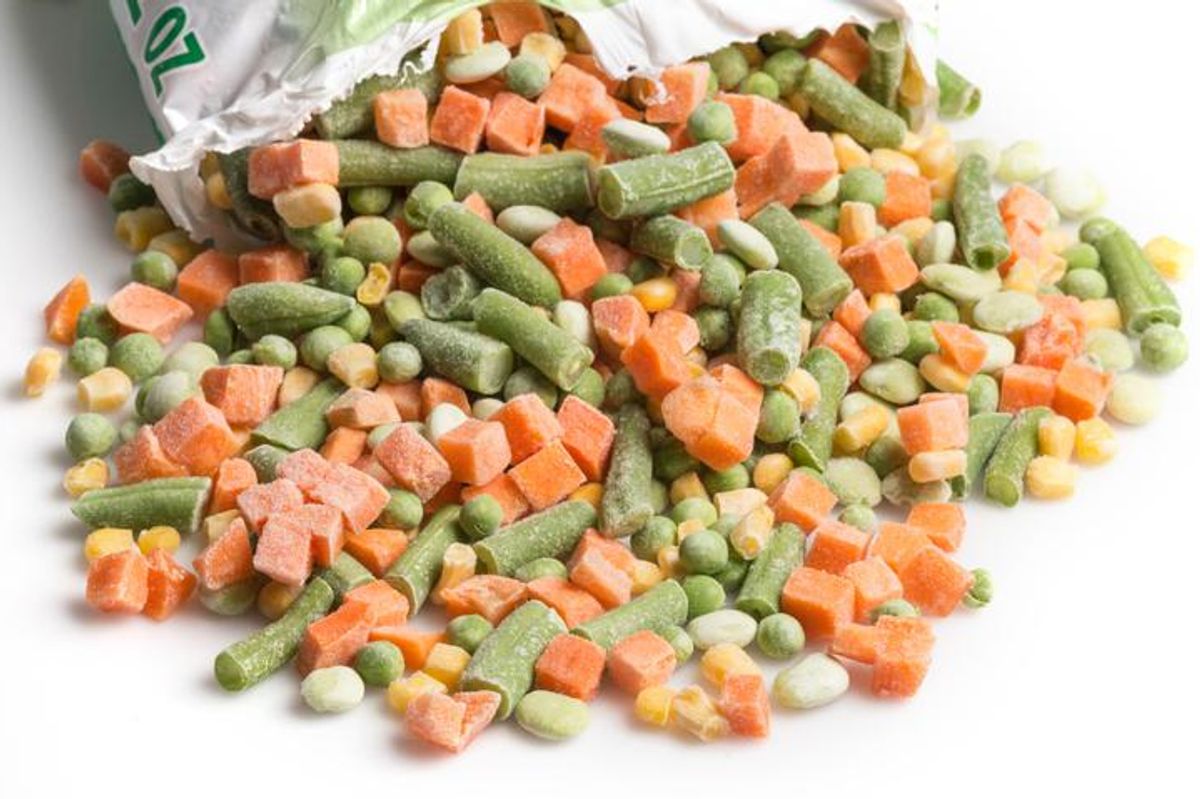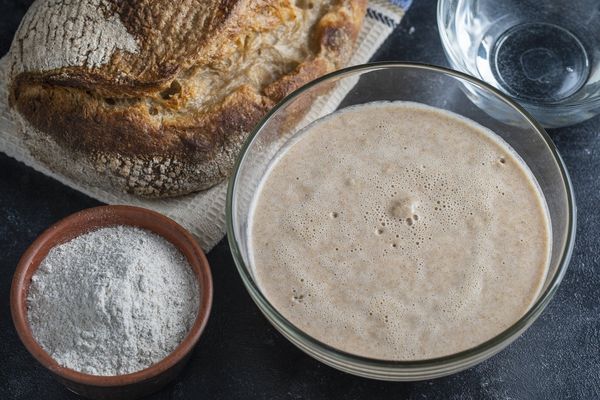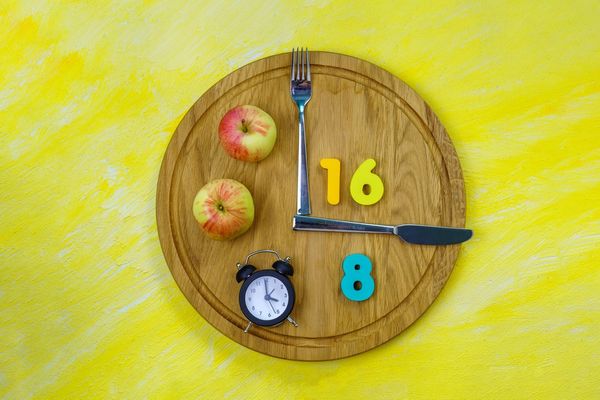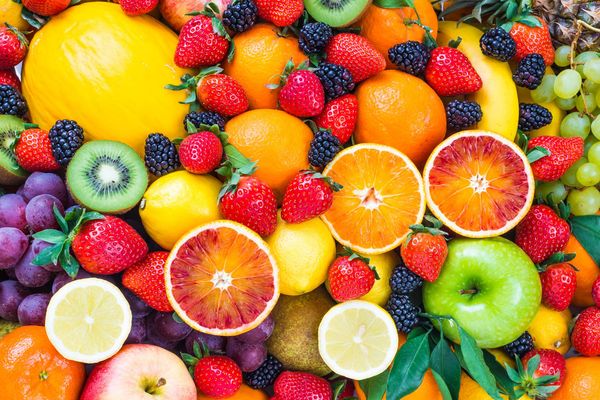Q:
I can't always find or afford fresh vegetables like spinach or Swiss chard, let alone have the time to cook them. Can I get the same nutritional benefits if I eat frozen varieties of these vegetables?
A:
From the Farm
It's actually a misconception that frozen vegetables contain fewer vitamins and minerals than fresh vegetables. Generally, vitamins are well retained in frozen vegetables. Research shows that there are only slight differences in the amount of nutrients between fresh and frozen vegetables. Beta-carotene may even be better preserved in frozen vegetables than in fresh vegetables, because frozen vegetables are not exposed to light, which destroys carotene. The length of time between the farm to your plate is a large factor in the nutrient content of fresh vegetables. They are also often shipped long distances sometimes in extreme temperatures, which further compromises the concentration of vitamins and minerals. Frozen vegetables, alternatively, are typically flash-frozen immediately upon harvesting, when their nutrient content is at its highest.
To the Plate
A small percentage of certain nutrients that are susceptible to heat, such as vitamin C, folate and thiamin, are lost during the flash-freezing process. However, unless you eat them raw, the same nutrient loss occurs when cooking fresh vegetables. Whether you are preparing frozen or fresh vegetables, the way in which they are cooked is key to maintaining nutrient content. Vegetables of any type that are boiled in a large amount of water for a long time lose a lot of nutrients, compared to those that are steamed or microwaved.
Helpful tips:
- Keep frozen vegetables no longer than six months
- Do not thaw frozen vegetables before cooking
- Cook for a short amount of time
- Steam or microwave in as little an amount of water as possible
- Use cooking utensils made from glass, stainless steel, aluminum or enamel (helps preserve vitamin content when cooking)







